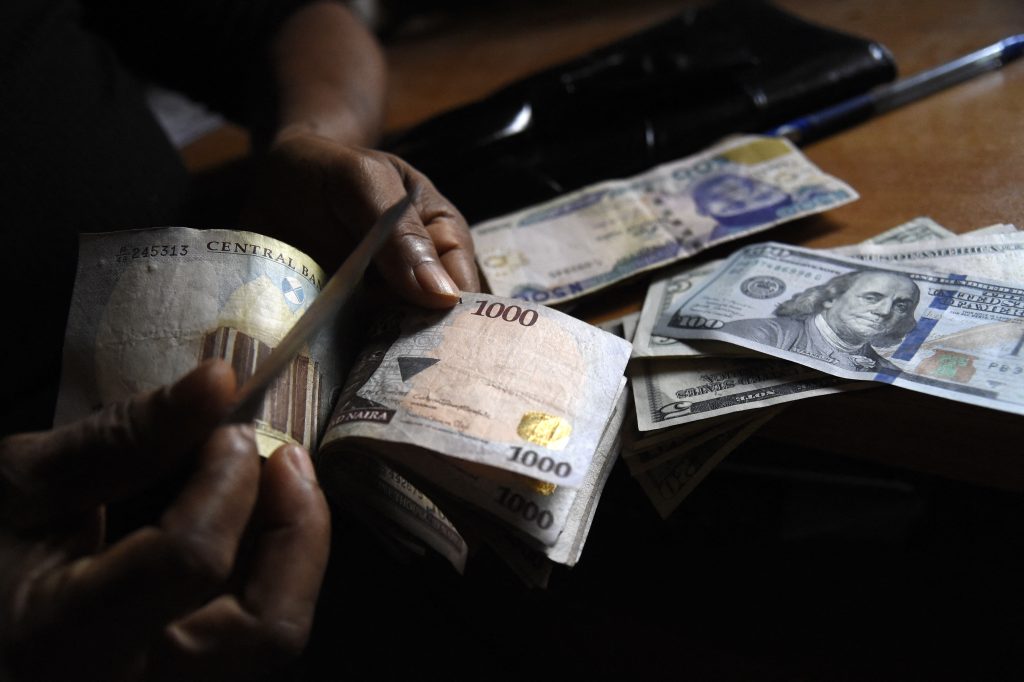The Nigerian government is optimistic about a substantial increase in foreign exchange (forex) supply into the economy, thanks to the current measures in place.
Discussing the 2024 Budget and the rationale behind the N800 to dollar exchange rate, the Minister of Budget and National Planning, Atiku Bagudu, conveyed that the government adopted a deliberate strategy to mitigate potential uncertainties.
Bagudu clarified that the government initially projected an exchange rate of N750 to the dollar in the 2024 budget. However, following the National Assembly’s adjustment to N800, the government opted for a cautious approach, considering potential fluctuations.

He emphasised the importance of not relying on spot forex rates for budgeting, citing the dynamic nature of oil prices and other market factors. Bagudu noted, “as much as we are hoping that it would soon come below, but at the time you are doing the budget you will take a view on average performance. And that’s what we took.”
Addressing concerns about the borrowing aspect, Bagudu affirmed that the government aims to strictly adhere to fiscal responsibility laws. The borrowing rate to fund the deficit in the 2024 budget is expected to be significantly lower compared to the 2023 budget.
He stated, “In 2023, the budget anticipated a borrowing of close to N14 trillion. This year’s budget is N9.1trillion. So we think that is significant. Because it’s 2023 took us to about 6.11% of our GDP as borrowing. This one is 3.8%. So the quantum had decreased.”
“We will not go outside the law and borrow from ways and means, what is outside the law. So the fiscal responsibility law says, in every one year, the central bank can lend the government up to 5% of its budget for the year. So if you go out of that, you’re going outside the lawful limit, and that’s what the Minister of Finance and Coordinating Minister of the Economy was very clear we are not going to do. We are not going to resort to borrowing outside the law.”
He expressed confidence in the measures undertaken, citing a combination of factors such as a central bank governor committed to legal procedures, a determined coordinating minister, and revenue projections designed to boost economic activities.


